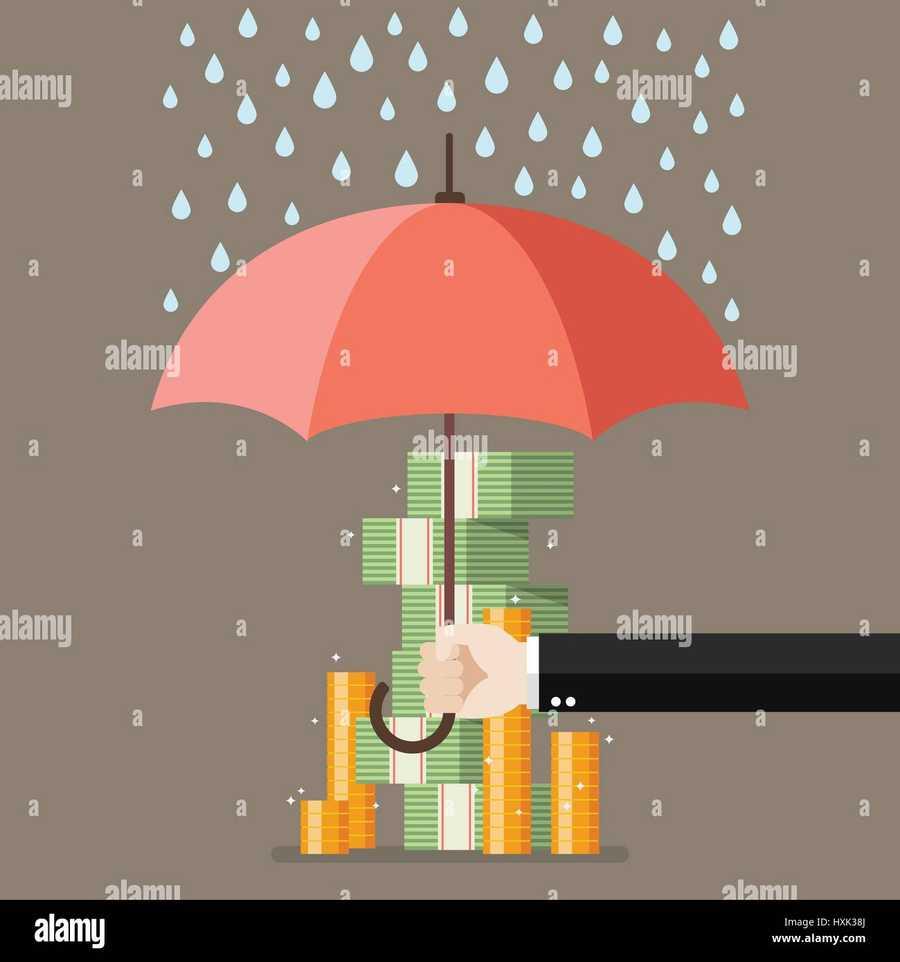Myth: Leave Extra Cash in Checking
Leaving money in your checking account might make you spend more than you planned, simply because the money is available. The money in your checking is also not earning any return.
Instead, lessen the temptation. Try budgeting carefully enough and transfer the extra money into savings and retirement accounts. By only keeping what is needed in your checking account, you won't feel tempted to spend more.
164
869 reads
CURATED FROM
IDEAS CURATED BY
The idea is part of this collection:
Learn more about moneyandinvestments with this collection
How to apply new knowledge in everyday life
Why continuous learning is important
How to find and evaluate sources of knowledge
Related collections
Similar ideas to Myth: Leave Extra Cash in Checking
Keep your money in different accounts
To be able to actually save money on a regular basis, you should first make sure that you cannot touch the money that is intended to be saved.
Ensure this is by keeping your money in two different accounts: a checking and a savings one. The accounts should be at different banks, making it...
You don't keep too much cash
Never keep more than you need in cash or in a checking account.
Grow your money in the short-term by storing it in a high-yield savings account or certificate of deposit.
How to Prepare for Rainy (Financial) Days
- Make savings part of your monthly budget.
- Keep your savings out of your checking account, as it may prevent you from spending it.
- Open a savings account at a different bank than where you have your checking account so it won’t be too easy transferring be...
Read & Learn
20x Faster
without
deepstash
with
deepstash
with
deepstash
Personalized microlearning
—
100+ Learning Journeys
—
Access to 200,000+ ideas
—
Access to the mobile app
—
Unlimited idea saving
—
—
Unlimited history
—
—
Unlimited listening to ideas
—
—
Downloading & offline access
—
—
Supercharge your mind with one idea per day
Enter your email and spend 1 minute every day to learn something new.
I agree to receive email updates
